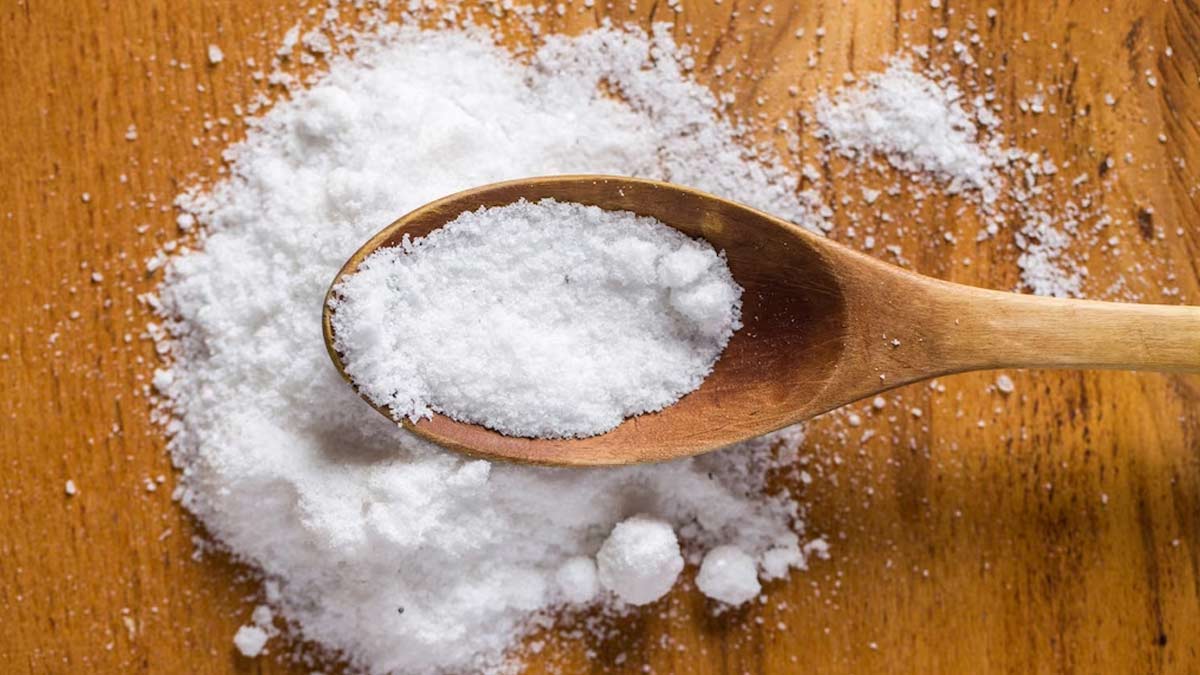
In the hustle and bustle of our daily lives, it's easy to overlook the impact of our dietary choices on our health. One such often underestimated factor is salt intake.
A recent study by the Indian Council Of Medical Research revealed the startling revelation that Indians are consuming almost eight grams of salt every day. This is concerning because the World Health Organisation has advised that the daily salt intake should be less than five grams, otherwise, it can increase the risk of multiple non-communicable diseases like diabetes, heart disease, stroke and cancer.
Talking to the team of OnlyMyHealth, Dr Puneet Bhuwania, Consultant Nephrologist & Transplant Physician, Wockhardt Hospitals, Mira Road listed six adverse effects of taking too much salt in your diet.
High Blood Pressure

At the forefront of the consequences of excessive salt intake is its well-established link to high blood pressure. The sodium in salt can lead to fluid retention, increasing the volume of blood in the arteries and subsequently raising blood pressure. “One of the well-established effects of excessive salt intake is an increase in blood pressure, which is a risk factor for cardiovascular diseases,” added Dr Bhuwania.
Fluid Retention
“Beyond the familiar image of swollen hands, excessive salt can extend its grip to other areas of the body, particularly the ankles and feet,” said Dr Bhuwania. Fluid retention in these regions can not only be uncomfortable but may also be indicative of an underlying imbalance that needs attention.
Kidney Damage
“Prolonged high salt intake puts undue stress on these vital organs, potentially leading to kidney damage and a decline in overall kidney function,” warned Dr Bhuwania. It's a slow, insidious process that often goes unnoticed until significant damage has occurred.
Also Read: Can Not Explain Why You Have Swollen Hands? Expert Blames Excessive Salt Intake
Headaches

“Some individuals may experience headaches as a result of high salt intake, possibly due to changes in blood flow and fluid balance,” said Dr Bhuwania. This serves as a warning sign that the body is struggling to cope with the sodium onslaught.
Dehydration
“Paradoxically, excessive salt intake can contribute to dehydration as the body attempts to dilute the excess salt by pulling water from cells,” Said Dr Bhuwania. This counterintuitive effect highlights the intricate dance between salt and water in our bodies.
Increased Thirst
Dr Bhuwania explained how salt has the uncanny ability to stimulate thirst. This seemingly harmless consequence can set off a chain reaction, with increased water intake exacerbating fluid retention. It's a cycle that perpetuates the strain on the cardiovascular system and other organs.
Concluding his advisory, Dr Bhuwania shared that monitoring and moderating salt intake is key for preventing these adverse effects. From the well-documented impact on blood pressure to the subtle signs like headaches, our bodies provide crucial clues about the consequences of our dietary choices. By understanding and addressing the adverse effects of salt, we can embark on a journey towards healthier living, prioritising our well-being in the intricate balance of salt and life.







